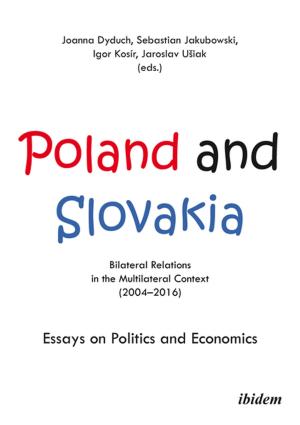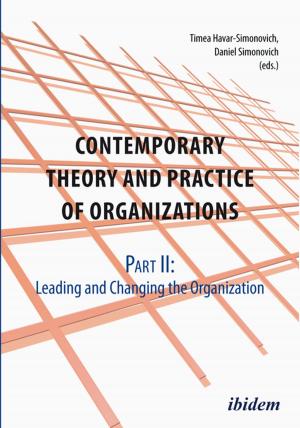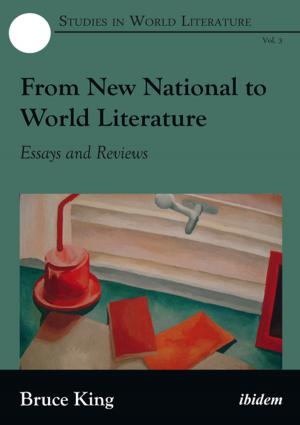Magical Realism in Postcolonial British Fiction
History, Nation, and Narration
Fiction & Literature, Literary Theory & Criticism, British| Author: | Taner Can | ISBN: | 9783838267548 |
| Publisher: | Ibidem Press | Publication: | June 1, 2015 |
| Imprint: | Ibidem Press | Language: | English |
| Author: | Taner Can |
| ISBN: | 9783838267548 |
| Publisher: | Ibidem Press |
| Publication: | June 1, 2015 |
| Imprint: | Ibidem Press |
| Language: | English |
This study delineates the cultural work of magical realism as a dominant mode in postcolonial British fiction through a detailed analysis of Salman Rushdie's Midnight's Children (1981), Shashi Tharoor's The Great Indian Novel (1989), Ben Okri's The Famished Road (1991), and Syl Cheney-Coker's The Last Harmattan of Alusine Dunbar (1990). It first traces the development of magical realism from its origins in European painting to its appropriation into literature by European and Latin American writers. It then explores contested definitions of magical realism and the critical questions surrounding them and analyzes the relationship between the paradigmatic turn in postcolonial literatures and the concomitant rise of magical realism in Third World countries.
This study delineates the cultural work of magical realism as a dominant mode in postcolonial British fiction through a detailed analysis of Salman Rushdie's Midnight's Children (1981), Shashi Tharoor's The Great Indian Novel (1989), Ben Okri's The Famished Road (1991), and Syl Cheney-Coker's The Last Harmattan of Alusine Dunbar (1990). It first traces the development of magical realism from its origins in European painting to its appropriation into literature by European and Latin American writers. It then explores contested definitions of magical realism and the critical questions surrounding them and analyzes the relationship between the paradigmatic turn in postcolonial literatures and the concomitant rise of magical realism in Third World countries.

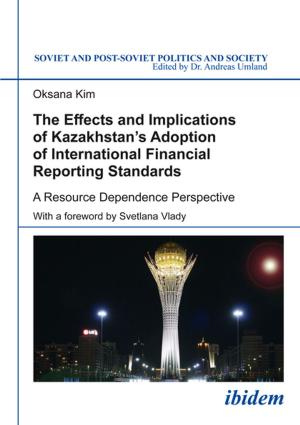

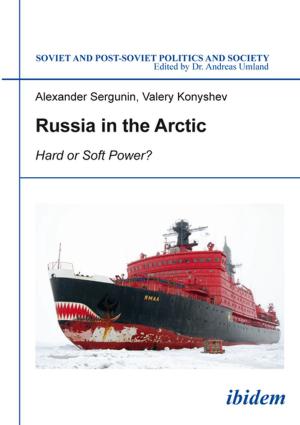

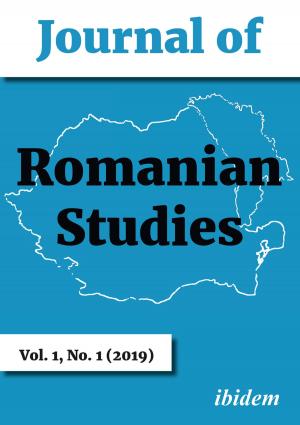
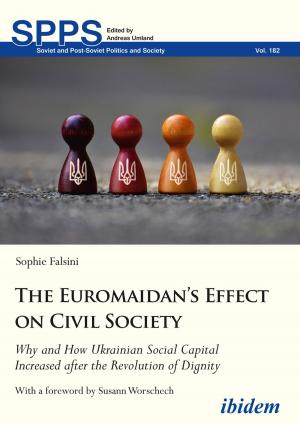



![Cover of the book Gefährliche Nähe [German-language Edition] by Taner Can](https://www.kuoky.com/images/2015/march/300x300/9783838265698-D56U_300x.jpg)
